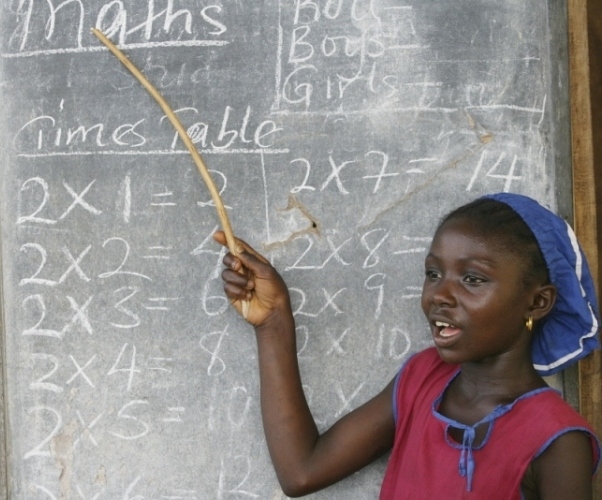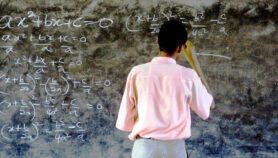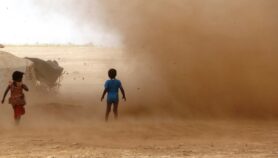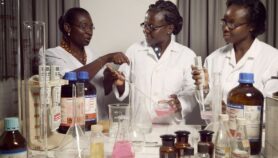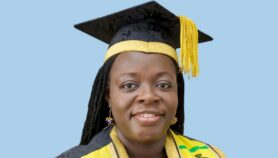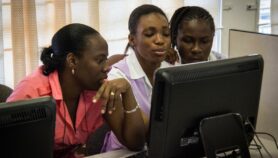By: Laura Owings
Send to a friend
The details you provide on this page will not be used to send unsolicited email, and will not be sold to a 3rd party. See privacy policy.
[CAPE TOWN] African scholars and teachers will gain support from the African Institute for Mathematical Sciences (AIMS) in the areas of Science, Technology, Engineering and Mathematics (STEM), it was announced last month (4 June).
With a US$25 million investment from the MasterCard Foundation, and inclusion in its global 21 scholars programme, AIMS will be able to finance 500 promising STEM students from across the African continent in pursuing master’s level education.
According to a statement by the MasterCard Foundation last month (4 June), over 3,000 teachers in Cameroon will be trained in mathematics education to promote best practices in STEM learning. The teachers are expected to reach an estimated 1.7 million secondary students in the next six years.
“If we are going to take advantage of the wealth of resources and economic potential on this continent, we must acknowledge and invest in STEM.”
Thierry Zomahoun, African Institute for Mathematical Sciences
The teacher training, which is part of a pilot programme, may in future be extended to other African countries where AIMS operates.
“There has never been a time in history when the STEM subjects have been more important,” said Phillip Clay, board member of the MasterCard Foundation at the partnership’s announcement in Cape Town, South Africa.
Clay added that ninety per cent of all grants by the MasterCard Foundation go to the African continent, and 95 per cent of that support is in Sub-Saharan Africa. The funding is most often invested in secondary school and university-level education.
“From a business perspective, we want to prepare Africa’s youth to take on positions and become a source of home-grown scientific growth and innovation,” he said.
African research output has increased in quality and quantity in the past decade, according to a 2013 report from the World Bank, but Sub-Saharan Africa accounts for less than one per cent of the total output.
“If we are going to take advantage of the wealth of resources and economic potential on this continent, we must acknowledge and invest in STEM,” said Thierry Zomahoun, AIMS president and CEO, during the announcement. “We want to train the next generation of Africa scientists, and build a sustainable research infrastructure that enables young scientists to do work in these countries.”
AIMS is a Pan-African network of centres for postgraduate education, research and teacher training in mathematical sciences. It operates in Cameroon, Ghana, Senegal, South Africa and Tanzania.
Teacher development is one of the most valuable contributions from public-private partnerships such as this, says Phadiela Cooper, principal of Centre of Science and Technology (COSAT). COSAT is one of four dedicated STEM secondary schools in the Western Cape Province of South Africa, and has served over 550 students in the past two years.
However, she notes that there are also different needs facing some African students where these projects can play a part.
“We see issues such as poverty, violence and family structure that contribute to other needs, emotional needs, for example, that we can’t address because of funding restraints,” she adds. “We have to invest in developing soft skills in these children before we can ensure that they learn and succeed.”


